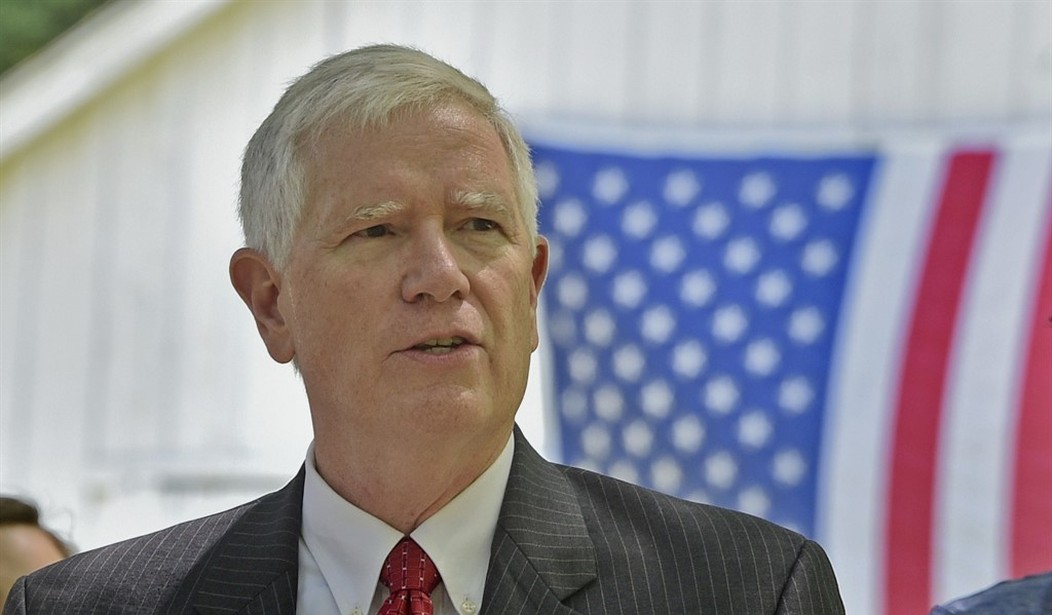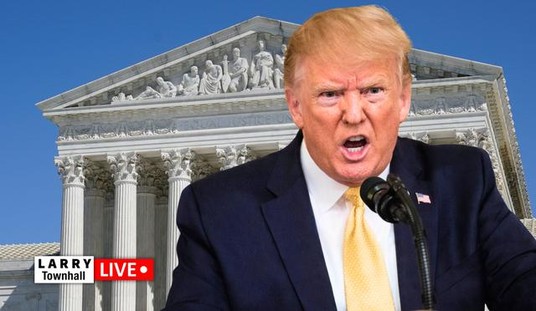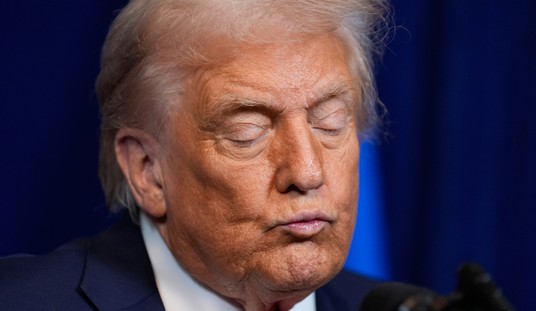The Alabama and Minnesota primaries were a particular type of bellwether. Neither endorsement strength nor name recognition won the evening, but the Republican voter and their ability to parse the information given and vote their conscience.
How else to explain six-term Congressman Mo Brooks pulling out enough votes to force a runoff for retiring Senator Richard Shelby’s seat? Brooks and his opponent, Shelby’s Chief of Staff Katie Britt, will face off again on June 21.
MONTGOMERY, Ala. (AP) — Alabama’s Republican primary for U.S. Senate is going to a June runoff between Katie Britt and U.S. Rep. Mo Brooks, who overcame losing former President Donald Trump’s endorsement to remain a contender for the GOP nomination.
The candidates are seeking the Senate seat now held by U.S. Sen. Richard Shelby, who is retiring. Britt is Shelby’s former chief of staff and the former leader of the Business Council of Alabama. Brooks is a six-term congressman from north Alabama.
Despite Brooks’ strong support of Trump in the past, and himself becoming a target of the January 6 goon squad, Trump decided to pull his endorsement of the Congressman, believing Brooks was back-peddling on what Trump considered clear 2020 Election fraud. But Brooks still maintained strong allies in the House and Senate who stuck with their endorsements. These included Georgia Rep. Marjorie Taylor Greene, who glided to her own primary victory, conservative stalwart and Ariz. GOP Chair Dr. Kelli Ward, and Sen. Rand Paul of Kentucky.
It was my pleasure. I’m proud to support @MoBrooks. He will be a key ally for liberty in the senate! https://t.co/MdmQiOqDm0
— Rand Paul (@RandPaul) May 23, 2022
But this begs the question: do endorsements really matter anymore in terms of electability? From Virginia and Gov. Glenn Youngkin’s clear mandate, to Georgia Gov. Brian Kemp and his election challenges, the citizens of those states did not go lockstep with one particular type of candidate. Instead, they chose to pay attention, allowed the talking heads and opinion makers to weigh in, then formed their own conclusions and voted in the way they saw fit. In terms of Georgia, the same electorate that upheld Kemp also voted for Rep. Marjorie Taylor Greene and Herschel Walker.
Let that sink in.
The Pennsylvania Senate race is also a good reflection of this. While Trump endorsed Dr. Mehmet Oz for senate, the electorate swung hard toward Kathy Barnette, then voted for David McCormick in numbers that resulted in a statistical tie with Oz. They have less than 1,000 votes between them as the race is being recounted.
These results so far reflect that the people voted for the Republican and conservative candidates that they wanted, not the ones that were chosen for them or that they were told they should vote for.
So it goes with Minnesota. This race was a blip on the radar and barely reported on, probably because it was a special election to fill the District 1 seat of Republican U.S. Rep. Jim Hagedorn, who died from kidney cancer. Despite Democrat challengers on the ticket, this district is considered firmly red, so was given scant attention by much of the legacy media.
According to TwinCities.com, Hagedorn’s widow Jennifer Carnahan ran for the seat, but was roundly batted down, only garnering around eight percent of the vote. Carnahan had her share of controversy. She was the GOP of Minnesota Chair, until she was forced out in August of 2021 when a prominent donor was indicted on child sex trafficking charges.
Shades of The Lincoln Project, and apparently the kiss of death for her candidacy. It was also around that time that former staffers also complained of a toxic work environment.
Just this month, Carnahan is being sued by Jim Hagedorn’s mother, stepfather, and sister over money they loaned Carnahan to help cover his medical bills. The GOP voters in Minnesota no doubt paid attention to this and decided to make a hard pass on the trailing and possibly impending drama.
Though Minn. State Representative Jeremy Munson, who gained Ultra MAGA creds when he broke from the main Minnesota House GOP Caucus, was in the lead Tuesday night, just this Wednesday morning Brad Finstad was declared the winner of the District 1 race. Munson conceded the race soon after that call.
According to reports, Munson was the favorite among District 1 Republicans for the seat, but he fell short of full endorsement by the Minnesota GOP. A former state representative and executive director of the Minnesota Turkey Growers Association, Finstad was also a known commodity. Under Trump, Finstad served as the state director for USDA Rural Development.
What this race indicates is that voters chose a candidate with Republican credentials and experience, over candidates whose experience was too “on the nose” to Trump and America First-like candidacies.
The August 9 Minnesota primary will more fully tell the tale on whether they made a wise choice. It will also give an indication of how all GOP candidates should position and pivot for November.















Join the conversation as a VIP Member